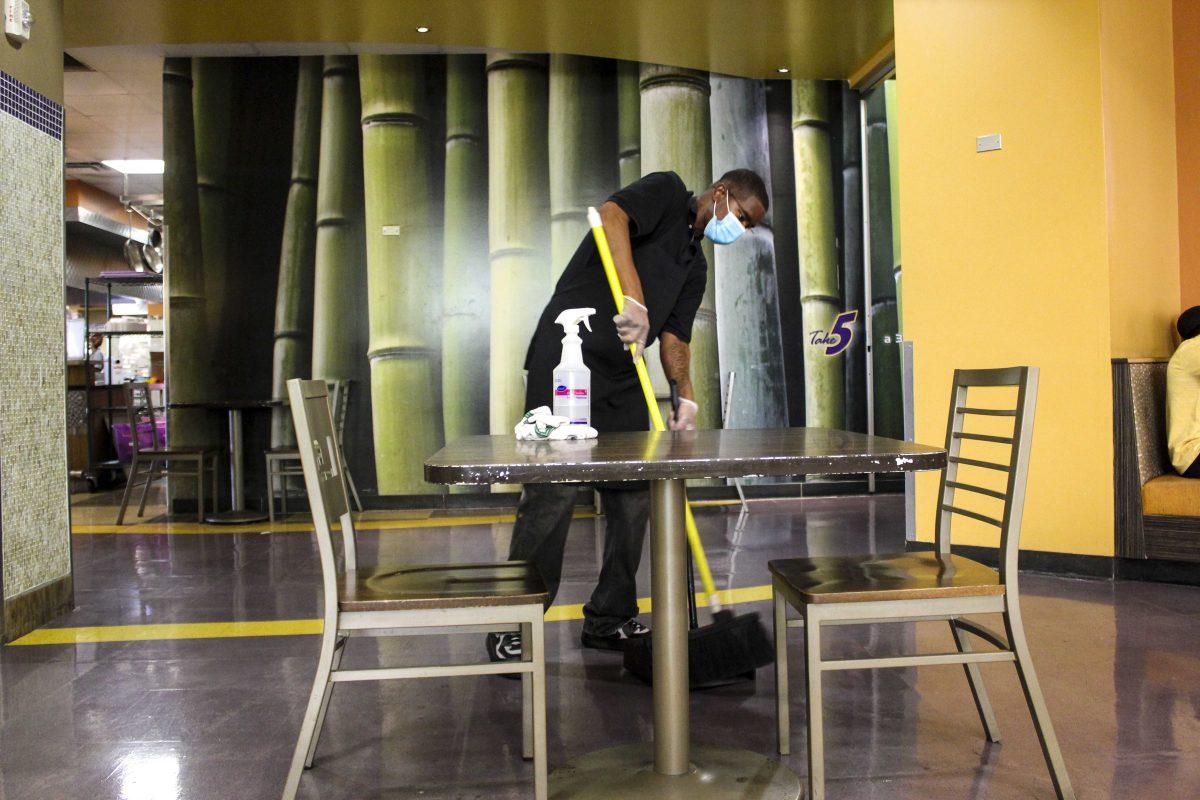If you could afford to work less, what would you do with that time?
Our audience had a wide range of responses: learn how to cook, make music, spend time on self-care, explore campus. A common response was spending more time with loved ones.
“I’d spend more time with friends and family, something that I often feel like I don’t have time for because of my hours,” said Sarah Lawrence, a recent LSU graduate. “I feel like a lot of the time when I get home from work the only thing I want to do is sleep.”
Though many people can easily imagine ways they’d rather spend their time, most cannot afford to cut hours to live more. Having to spend money on necessities and save, “working less doesn’t feel like an option for me,” Lawrence said.
According to OECD data, Americans rank among the highest globally in hours worked per year. Whether this is to climb ever-higher on an infinite ladder of success or, most often, just to make ends meet, many Americans work themselves to exhaustion.
In many ways, our culture glamorizes overworking, painting it as the pinnacle of discipline and virtue. This starts in school: Students compare who had the least sleep or spent the most time studying, often wearing unhealthy habits as a badge of honor.
While a strong work ethic is certainly a good quality, its value comes with a large asterisk in a work setting. There is much more to life than work, especially if you don’t find your job particularly fulfilling.
American productivity has soared over the last 70 years, according to an analysis of Bureau of Labor Statistics data by the Economic Policy Institute. From 1948 to 1979, productivity increased 118.4%, and wages mostly kept pace with a 107.5% increase in compensation. As the U.S. turned into the ‘80s, the gap between productivity gains and pay raises began to widen. Despite the fact that American productivity has increased 61.8% in the past 40 years, compensation has risen only 17.5%. In other words, the gains of increased economic output aren’t felt by the workers themselves.
The Economic Policy Institute attributes this to a number of factors: anti-union efforts, upper-income tax breaks, rare minimum wage increases and deregulation. Increased economic productivity and technological advances should have made life better for the average American, but instead that wealth migrated to the richest among us.
A good economic system is one that works for the people, not the powerful. That is not what we have in the United States. The top 10% hold 70% of the wealth. CEO pay has increased more than 900% over the last 40 years, compared to just 11.9% for workers. The United States has the highest income inequality of any G-7 nation. The rich are getting richer, and the middle class is hollowing out.
If our economy doesn’t work for the well-being of our people, then what are we doing? Looking at the big-picture scale of our politics, we should focus on policies that minimize needless suffering: issues like alleviating poverty, ending mass incarceration, addressing climate change and tackling homelessness. Our goal should center on enabling people to live their fullest lives.
For too long, American leaders have worked for the benefit of their donors at the detriment of their constituents. It’s far past time to change that fact.
Claire Sullivan is a 19-year-old coastal environmental science and political communication junior.






